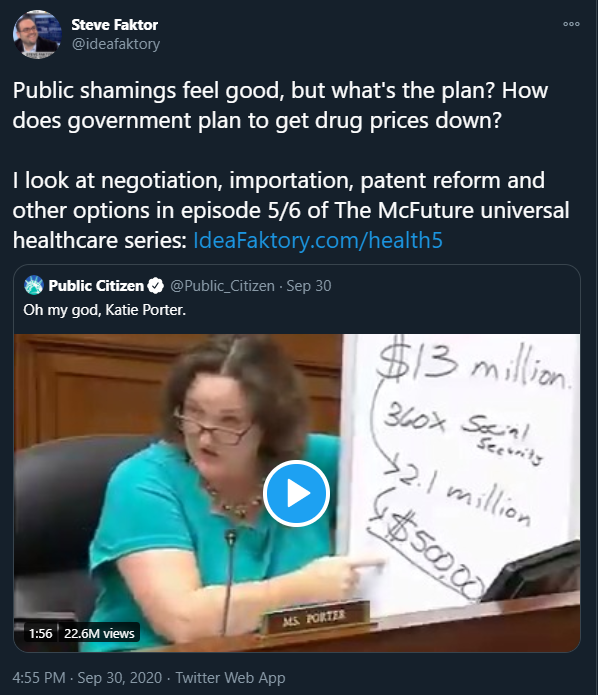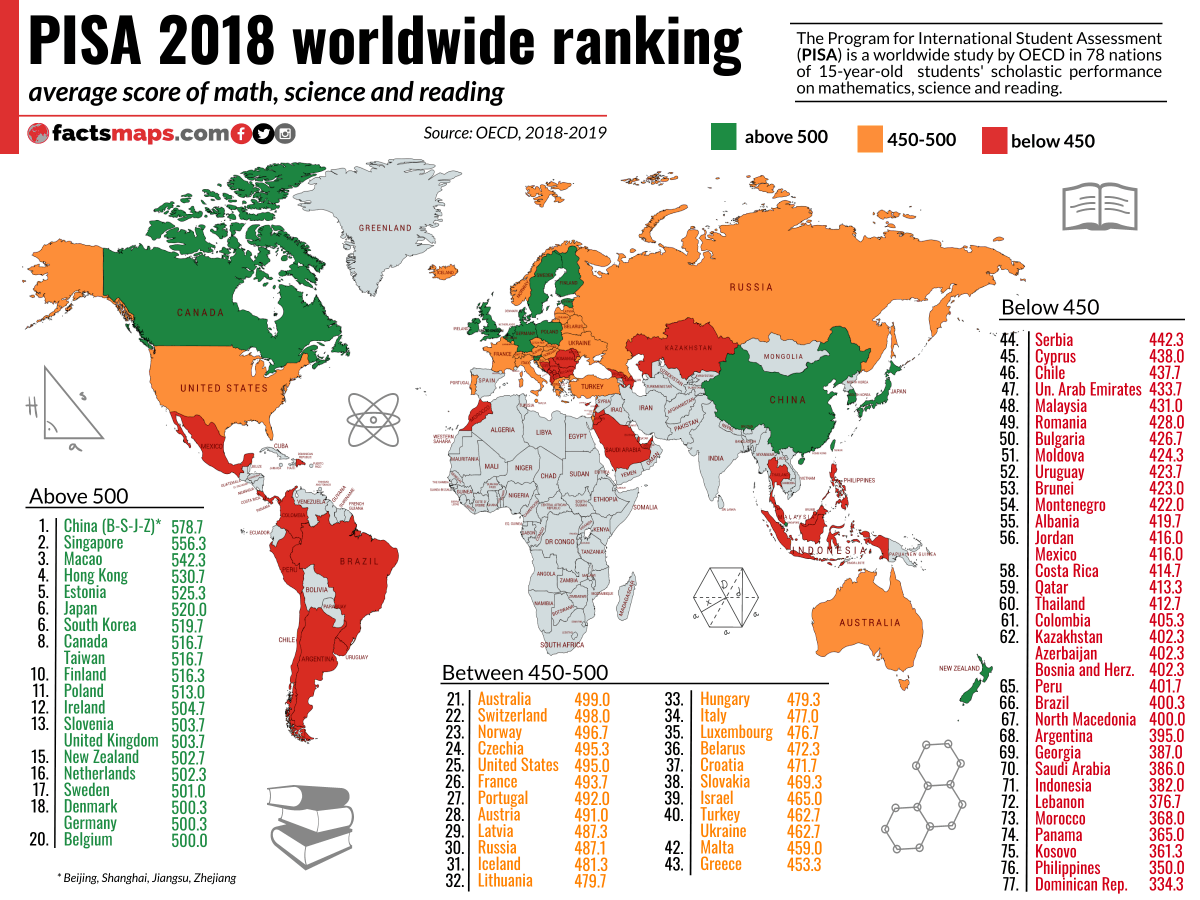
The Apple strategy with its new M1 computer chips is analogous to iPhone vs Android.
iPhone's integration of hardware + software + app store has a cohesion that dozens of 3rd party hardware manufacturers can't have with multiple Android versions & loosely-regulated app store.
iPhone's integration of hardware + software + app store has a cohesion that dozens of 3rd party hardware manufacturers can't have with multiple Android versions & loosely-regulated app store.
https://twitter.com/AlecStapp/status/1334276328187629570
Google has tried to reign this in by mandating manufacturer standards to get Google Apps, but it leaves much to hardware makers, who are also desperate to differentiate.
#tech #strategy #mobile #innovation
#tech #strategy #mobile #innovation
The M1 chip w/integrated RAM/GPU/APU performs better, lets Apple retain premium pricing, but unlikely to shift share.
-market is mature
-*most* software runs well on 6 yo PCs
-new ones are cheap
The 1 exception: if Apple goes HARD after gaming market, where performance matters.
-market is mature
-*most* software runs well on 6 yo PCs
-new ones are cheap
The 1 exception: if Apple goes HARD after gaming market, where performance matters.
The #gaming market and Apple's long-rumored pursuit of #AR/#VR are the computer world's premium pricing drivers of the future. The M1 chip fits well into that strategy and this is likely Apple's next big market - and ecosystem.
#strategy #tech #innovation
#strategy #tech #innovation
• • •
Missing some Tweet in this thread? You can try to
force a refresh









